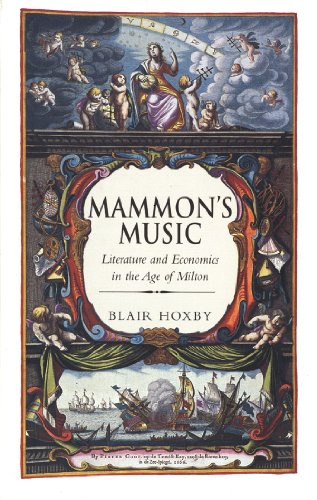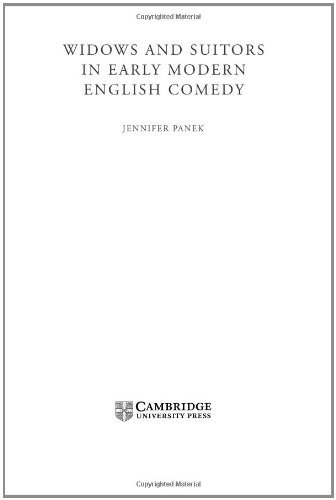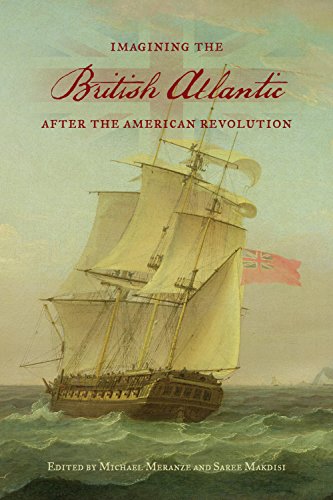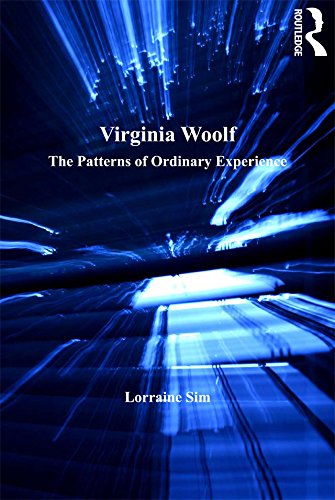Download Essential Scots and the Idea of Unionism in Anglo-Scottish by Rivka Swenson PDF
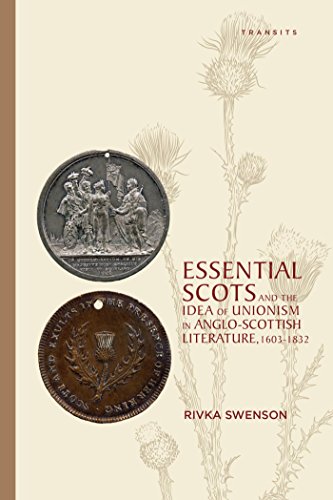
By Rivka Swenson
Discussing writers reminiscent of Bacon, Defoe, Smollett, Johnson, Macpherson, Ferrier, and Scott in addition to lesser-known or forgotten well known authors (and ballads, transparencies, newspapers, funny story books, cant dictionaries, political speeches, histories, commute narratives, engravings, fabric artifacts equivalent to medals and snuffboxes), Essential Scots describes the years 1603 to 1832 as a vital interval in British background. sarcastically, the political and cultural exploration of rules approximately “unionism” relating to a meant “essential Scottishness” participated within the expanding prominence of either description and the “individual” in nineteenth-century Scottish literature; Swenson persuasively concludes that crucial Scottishness (as either “identity” and symbolism) was once refigured to mediate a countrywide synthesis among the emergent person and the nascent British nation—as good because the naturalized, even de-politicized, literary synthesis of details inside putatively analogous narrative wholes.
Read Online or Download Essential Scots and the Idea of Unionism in Anglo-Scottish Literature, 1603–1832 (Transits: Literature, Thought & Culture, 1650–1850) PDF
Best british & irish contemporary literature books
Mammon's Music: Literature and Economics in the Age of Milton
The industrial revolution of the 17th century deeply replaced English tradition. during this formidable booklet, Blair Hoxby explores what that fiscal transformation intended to the century’s maximum poet, John Milton, and to the wider literary culture during which he labored. Hoxby areas Milton’s workas good because the writings of up to date reformers just like the Levellers, poets like John Dryden, and political economists like Sir William Pettywithin the framework of England’s financial heritage among 1601 and 1724.
Widows and Suitors in Early Modern English Comedy
The courtship and remarriage of a wealthy widow was once a well-liked motif in early glossy comedian theatre. Jennifer Panek brings jointly a large choice of texts, from ballads and jest-books to sermons and court docket files, to check the staple widow of comedy in her cultural context and to envision early sleek attitudes to remarriage.
Imagining the British Atlantic after the American Revolution (UCLA Clark Memorial Library Series)
Among 1750 and 1820, tides of revolution swept the Atlantic global. From the recent business cities of serious Britain to the plantations of Haiti, they heralded either the increase of democratic nationalism and the next surge of imperial response. In Imagining the British Atlantic after the yank Revolution, 9 essays contemplate those innovative alterations from various literary, visible, and historic views.
Virginia Woolf: The Patterns of Ordinary Experience
In her well timed contribution to revisionist techniques in modernist reports, Lorraine Sim deals a interpreting of Virginia Woolf's belief of standard adventure as published in her fiction and nonfiction. Contending that Woolf's representations of daily life either recognize and supply a problem to characterizations of lifestyle as mundane, Sim exhibits how Woolf explores the potential for daily adventure as a website of non-public that means, social knowing, and moral price.
- The William Makepeace Thackeray Library: Volume VI - The Life of William Makepeace Thackeray by Lewis Melville: Volume 6 (Routledge Revivals: The William Makepeace Thackeray Library)
- Jean Rhys and the Novel As Women's Text
- The Dispossessed State: Narratives of Ownership in Nineteenth-Century Britain and Ireland
- Narrating the Crusades: Loss and Recovery in Medieval and Early Modern English Literature (Cambridge Studies in Medieval Literature)
- Jane Austen and Modernization: Sociological Readings
Extra resources for Essential Scots and the Idea of Unionism in Anglo-Scottish Literature, 1603–1832 (Transits: Literature, Thought & Culture, 1650–1850)
Sample text
